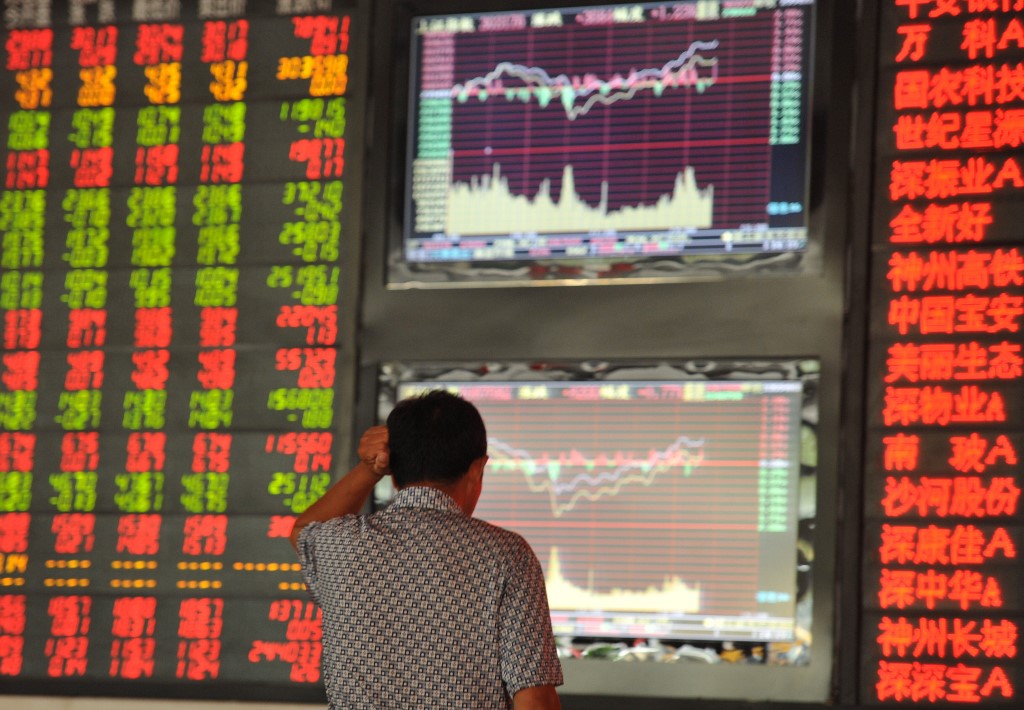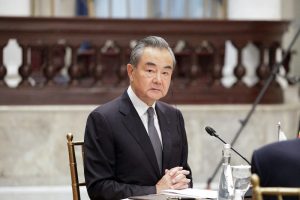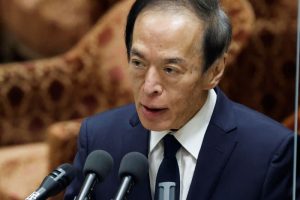(ATF) China’s move to curb speculation on real estate will free up an estimated 6.4 trillion yuan ($938 billion), which would likely be invested into stock markets and leading to a 10-year bull market.
The forecast in a Sina Finance editorial came after new developments in housing controls were announced by China’s economic planners.
Regulatory guidance has urged banks to limit the proportion of real estate loans they offer to no more than 30% of total lending.
The move has also been aimed at ending the practice of some banks that have tightened lending and even encouraged old customers to repay their loans in advance to free up quota.
CHINA PROPERTY: China accelerates launch of REIT projects
China’s “Big Vs” – registered commenters on sites like weibo.com and similar to blue-tick users on Twitter – are very excited by the news. This “New Deal” is a direct way to redirect speculation by real estate funds in the property market to stock markets, the website editorial states.
“This opens a strategic window for a long-term bull market in the next 10 years,” it wrote.
The new red line is not a policy issued in official documents, but mere “guidance.”
Even so, some big banks said they had received relevant notices and some big banks stated that they were not aware of the fact that the “guidance” may be aimed only at precise regulations of some banks. They also speculate the impact won’t be great on major banks.
The central bank’s monetary policy implementation report shows that by the end of 2019, the national real estate loan balance was 44.4tn yuan, accounting for 29% of loans. The overall proportion of new real estate loans is originally within the regulatory target, even if this is the red line, there is not much “overflow effect” on incremental funds.
FORECAST: China to concede economy will slow
In essence Chinese leaders want to avoid excessive speculation the stock or property markets. The wealth effect brought by attracting too much social capital accumulated in risky investment might lead to social unrest, they fear.
Also the government is busy diverting resources into the real economy, especially electronic and semiconductor manufacture. The industrial upgrading of national transportation is also a major target.
China’s leaders are battling over the direction of the economy – either to more state ownership of private enterprise or following the market reform road that China set out on under Deng Xiaoping in the 1980s.






















